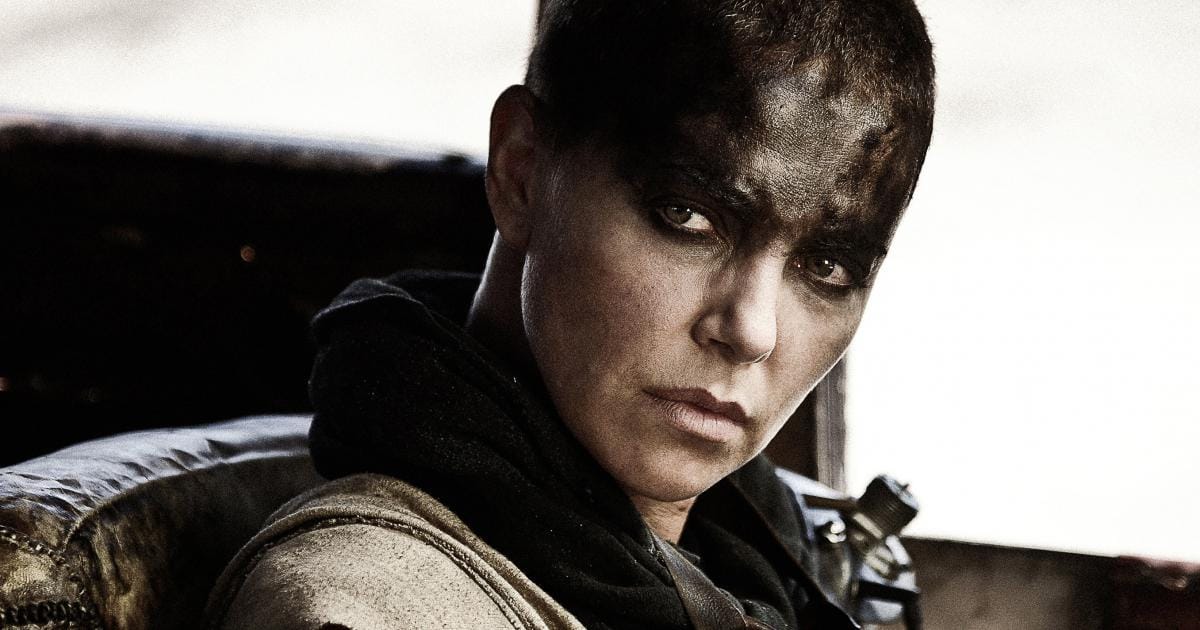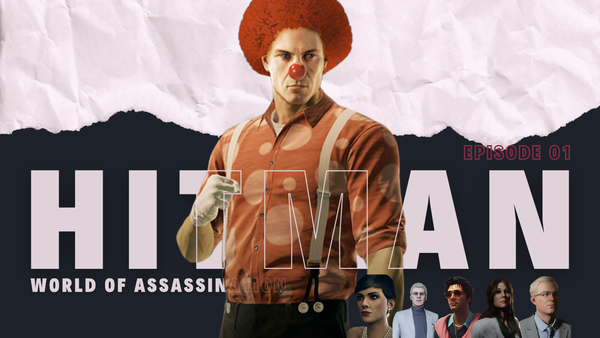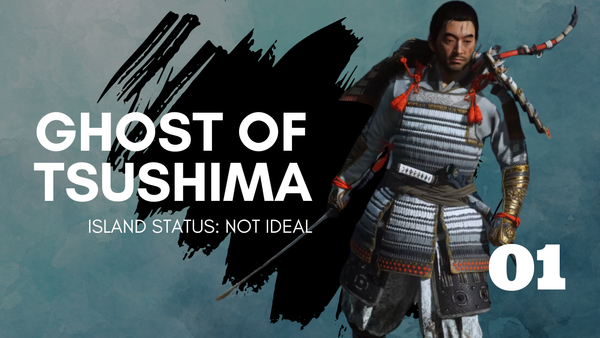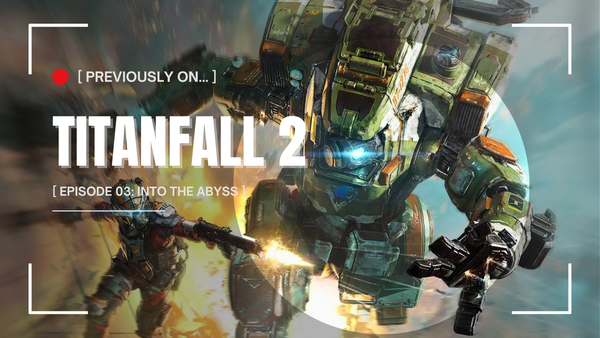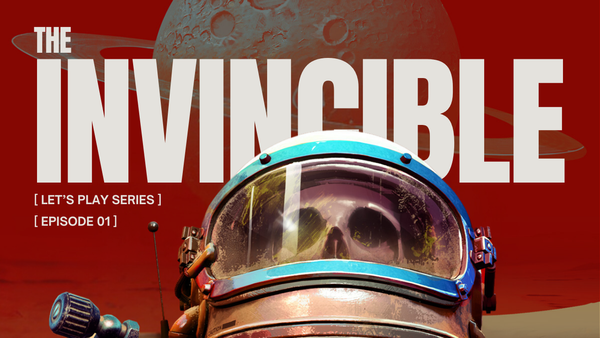Mad Max: Fury Road | Review
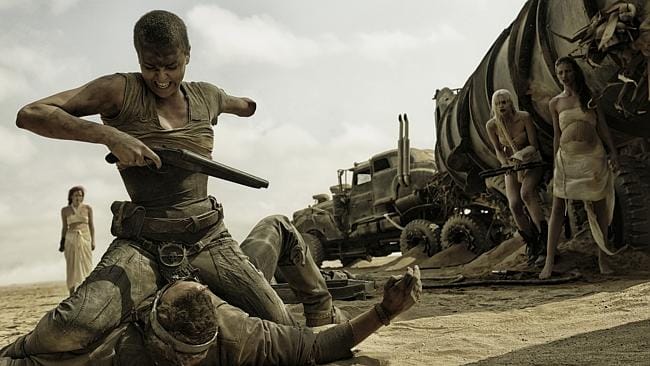
If you haven't seen Mad Max: Fury Road yet, I strongly urge you to.
Not only does it tell us, in the wake of summer action blockbusters like Age of Ultron and Fast and Furious 7, that this genre is neither dead nor dying — it tells us that it works across gender boundaries.
Tom Hardy's Mad Max introduces us to a not forgotten hero, but one left in the dust of time, at least when it comes to the silver screen. It introduces us to the hero of a franchise, the male hero — and we get to know him through the role he plays not in his own story, not in some heroic journey that he's mapped out for himself. We get to know him through the action he takes not for himself, but for others, through his role in someone else's story.
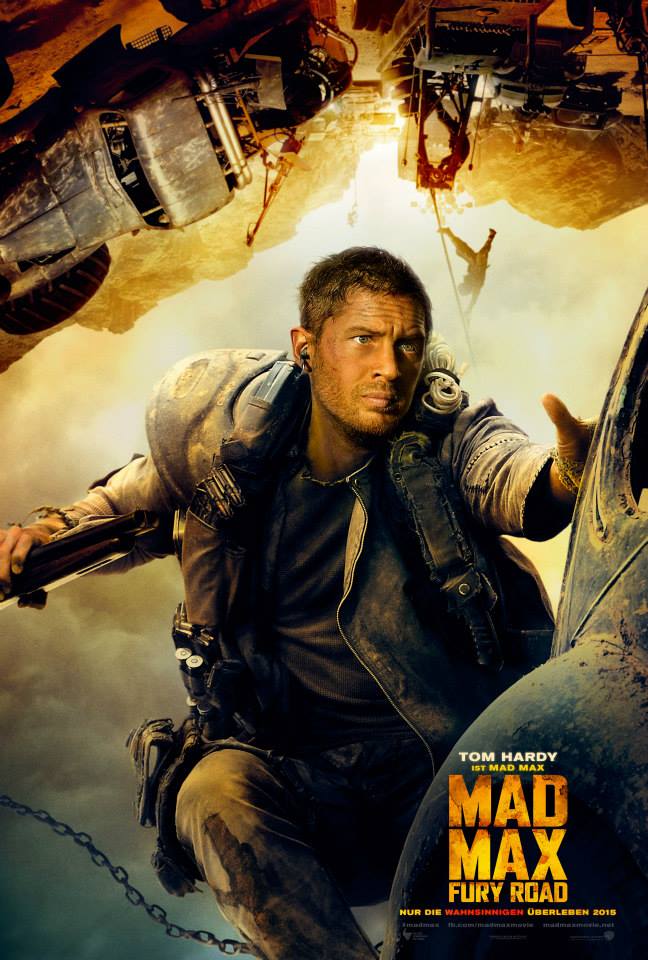
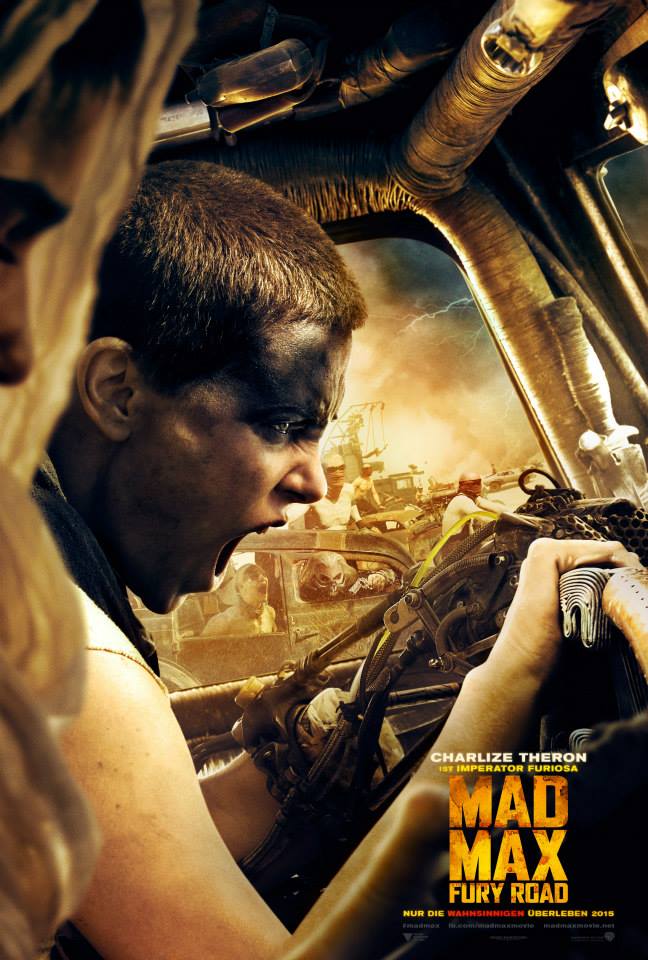
Mad Max: Fury Road takes the Manifest Destiny and punches a big, giant fucking hole in it.
Our babies will not be your warlords.
Who killed the world?
We are not things.
And how does it do that? Like so:
- Anyone who claims they do not understand why the warlord and his party have a goddamn flamethrower guitarist providing the epic-soundtrack riffs for their epic journey as they hunt Furiosa and the women she's protecting down, doesn't understand — or doesn't want to — that this movie is a brilliant analogy of violence and warfare as the glorious ideal of masculinity in all its ridiculous forms. It looks ridiculous because it is. This is a dictator so utterly nuts that he needs his theme song guy with him to capture his warmongering magnificence.
- The guys are along for the ride. They're, literally, not the stakeholders in this thing. They help because they can and they realise it's the right thing to do. And then, they just accept it. They do not for once question the women's right to fight, or their ability. Furiosa has a prosthetic limb that is simply a fact of her life. The women of the Many Mothers have grey hair and wrinkles, and they have the perfect headshot down to a T. Max realises he's not going to make the shot, so he hands over the sniper rifle to Furiosa and does. not. fucking. breathe. The women are on-screen the entire time. Sure, the movie wouldn't work without Max, they wouldn't go back to the Citadel without him and his insane damn plan. But that's just good writing, not him saving damsels in distress. They needed another helping hand, but it's not him being a man that enables him. It's him being in the right place at the right time. He lends a hand, the heroic beats belong to the women of this piece; and Nux sacrifices himself in a moment that provides not just growth for Capable, but for himself. The visions of death, of Valhalla, that he'd been clinging to were empty. This end, this sacrifice — it means something. Emotionally and narratively.
- The one weakness in the dialogue (of which there is little to begin with) is Furiosa's explanation to Mad Max as to why they're going where they're going — at the same time, it picks apart one of the biggest tropes in these kinds of movies. The lone hero on a journey, protecting his pack, and someone asks him why and he looks out at the desert and says, "Redemption." How often have we seen that? It's a scene that kinda sticks out like a sore thumb, because.. it seems kinda off? And a little ridiculous? (Plus, the pathos doesn't entirely fit the tone of the rest of the movie.) But maybe it feels off because we've been enduring that shit from our male heroes for so long and we've just taken it. Furiosa inverts the trope and throws it back in our faces and, holy shit. What bollocks.
- The Warlord isn't worried about the women. He cares about his "property" being damaged. He does not call them wives or women, he calls them 'breeders.' Femininity is literally the symbol of Motherhood, of Mother Nature, of growth and fertility. And you know what? That symbolism coexists with a narrative that frees women of their role as breeders. They do not deny their own fertility or the symbolism of motherhood, they defy being reduced to it. Let me repeat that: they do not deny their own fertility or the symbolism of motherhood, they defy being reduced to it. They wanna embody that fertility. But first, they want their fucking agency back; and some justice. This isn't a movie about democracy or an evil feminist plot to introduce a matriarchy. It's a political movie, yes, and it's about control of natural resources and dictatorship. But it's not that kind of revolution.
- Sure, the slips of fabric the women are wearing are revealing. But they were put into those garments to appeal to men, it's probably all that they had. And it's in those clothes that they're going to take them down.
- It also deals with noble goals and reality taking a crap on them. Furiosa has to be held back from killing Nux when she first discovers he snuck onto the rig, and the Spendid Angharad reminds her that they agreed on no unnecessary killing. Later, Dag tells the Keeper of the Seeds that she thought they were above all that — killing people. But the Keeper of the Seeds tells her that, at some point, you don't have a choice. This leaves room for more than the trope of the female killing machine, an edge which Furiosa skirts dangerously. The wives of Immortan Joe have hardly seen the light, they haven't fought their way through the ranks like Furiosa. They're slow loading guns, and they're frightened, and it makes sense. And anyone who wants to yell at Toast the Knowing for being useless when she doesn't load the gun in time needs to use more than two brain cells at a time. It's not the wailing woman dragged into adventure by James Bond. It's a young woman fighting for her life who's unused to war.
- Mad Max is moving on, to make his own way. But it's Furiosa's victory and home-coming that we celebrate.
- No romance between the two leads. No romance between the two leads.
The acting ensemble is fantastic, the world building is extraordinary. Tom Hardy is superb, Charlize Theron is a force of nature, and the supporting cast round it off perfectly. It's a genre movie, and it's lead by women. And it works, and it sells. So suck on that, studio executives who cite decades-old failures to convince me why a female superhero movie would be a bad idea.
Is this movie perfect? No. It's an incredibly white movie, and I don't know if we really needed the tiny budding romance between Nux and Capable. But I'm gonna be power-tripping on this movie for an age, whilst waiting for more diversity and even better shit. They had me at 'Charlize Theron rips a sexist pig's face off,' but it got so much better than that.
